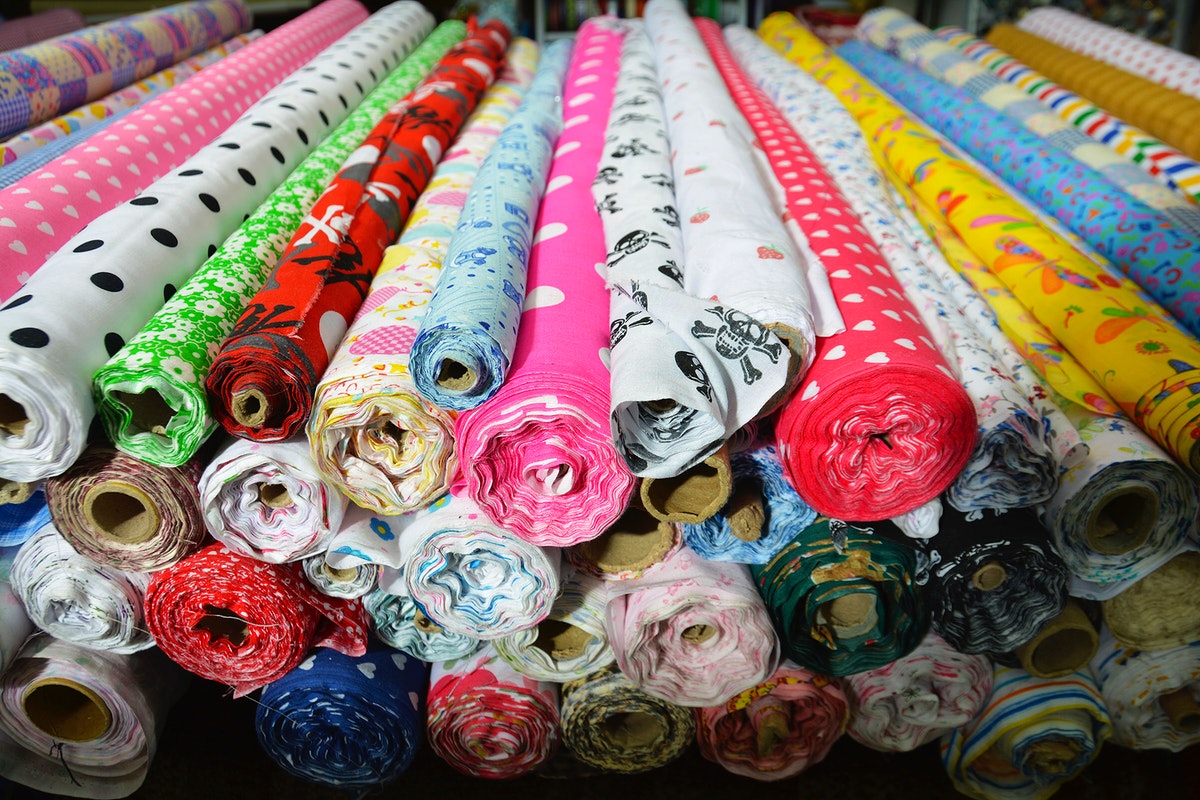Introduction
Starting a clothing line can be an exciting venture, but finding the right clothing manufacturer for startups is crucial for success. Whether you’re launching a fashion brand, activewear line, or sustainable clothing label, partnering with the right manufacturer can make all the difference in terms of quality, cost-effectiveness, and production efficiency. In this article, we’ll explore the key factors to consider when selecting clothing manufacturers for startups and provide valuable insights to help you make informed decisions for your business.
Understanding Your Requirements

Before embarking on your search for clothing manufacturers, it’s essential to clarify your requirements and priorities as a startup. Consider factors such as:
- Production Volume: Determine the quantity of garments you plan to produce initially and in the long term. Some manufacturers specialize in small-batch production, while others focus on larger-scale manufacturing.
- Quality Standards: Define your quality standards and expectations for materials, craftsmanship, and finishing. Look for manufacturers with a track record of producing high-quality garments that align with your brand’s aesthetic and values.
- Specialization: Consider whether you require specialized manufacturing capabilities, such as cut and sew, screen printing, embroidery, or sustainable manufacturing practices. Choose manufacturers with expertise in your specific niche or product category.
- Lead Times: Assess your timeline for product development and production launch. Choose manufacturers capable of meeting your deadlines and offering flexible lead times to accommodate any unforeseen delays or changes.
- Cost Considerations: Determine your budget for manufacturing costs, including materials, labor, and overhead expenses. Seek manufacturers that offer competitive pricing without compromising on quality or integrity.
Researching Potential Manufacturers
Once you’ve clarified your requirements, conduct thorough research to identify potential clothing manufacturers for startups that meet your criteria. Utilize online resources, industry directories, trade shows, and networking platforms to discover manufacturers specializing in your niche or product category. Consider the following factors during your research process:
- Reputation and Reliability: Evaluate the reputation and reliability of potential manufacturers by reviewing customer testimonials, case studies, and online reviews. Look for manufacturers with a proven track record of delivering quality products on time and within budget.
- Production Capacity: Assess the production capacity and capabilities of each manufacturer to ensure they can accommodate your volume requirements and scale with your business as it grows.
- Quality Assurance: Inquire about the manufacturer’s quality control processes and certifications to ensure compliance with industry standards and regulatory requirements. Request samples or visit the manufacturing facility if possible to assess the quality of their work firsthand.
- Communication and Collaboration: Prioritize manufacturers that prioritize clear communication and collaboration throughout the production process. Establish open lines of communication and address any concerns or questions upfront to avoid misunderstandings or delays.
- Ethical and Sustainable Practices: Consider the manufacturer’s commitment to ethical labor practices, environmental sustainability, and social responsibility. Choose manufacturers that prioritize fair wages, safe working conditions, and eco-friendly production methods to align with your brand values.
Making Informed Decisions

After researching potential manufacturers, narrow down your options and request quotes or proposals from the top contenders. Compare pricing, production timelines, and terms and conditions to make informed decisions for your startup. Consider scheduling meetings or conducting site visits to discuss your project in detail and evaluate the manufacturer’s suitability as a long-term partner. Once you’ve selected a manufacturer, establish clear expectations, timelines, and milestones to ensure a smooth and successful production process.
Conclusion
Selecting the right clothing manufacturer for your startup is a critical step in bringing your vision to life and achieving success in the competitive fashion industry. By understanding your requirements, conducting thorough research, and making informed decisions, you can find a manufacturing partner that aligns with your brand’s values, goals, and aspirations. Remember to prioritize quality, reliability, communication, and ethical practices when choosing a manufacturer to ensure a mutually beneficial partnership that sets your startup up for long-term success.
FAQs
- How do I find clothing manufacturers that specialize in sustainable practices?
- To find clothing manufacturers specializing in sustainable practices, research online directories, industry associations, and certification programs focused on ethical and eco-friendly manufacturing. Look for manufacturers with certifications such as Fair Trade, GOTS (Global Organic Textile Standard), or OEKO-TEX Standard 100.
- What are the typical lead times for clothing production?
- Lead times for clothing production vary depending on factors such as production volume, complexity, and seasonal demand. On average, lead times can range from a few weeks to several months. It’s essential to communicate your timeline requirements with manufacturers upfront and factor in buffer times for potential delays.
- Can I work with clothing manufacturers overseas?
- Yes, many startups choose to work with clothing manufacturers overseas, particularly in regions known for their expertise in garment production, such as China, India, Bangladesh, and Vietnam. However, it’s crucial to consider factors such as language barriers, cultural differences, shipping costs, and logistics when outsourcing manufacturing internationally.
- What should I look for in a manufacturing contract?
- When entering into a manufacturing contract, review the terms and conditions carefully to ensure clarity and transparency. Key considerations include pricing, payment terms, production timelines, quality standards, intellectual property rights, confidentiality agreements, and dispute resolution mechanisms. It’s advisable to seek legal advice to ensure your interests are protected.
- How can I maintain a positive relationship with my clothing manufacturer?
- To maintain a positive relationship with your clothing manufacturer, prioritize clear communication, mutual respect, and transparency. Establish open lines of communication, provide timely feedback, and address any issues or concerns promptly. Nurture a collaborative partnership based on trust, professionalism, and shared goals to foster long-term success for both parties.











